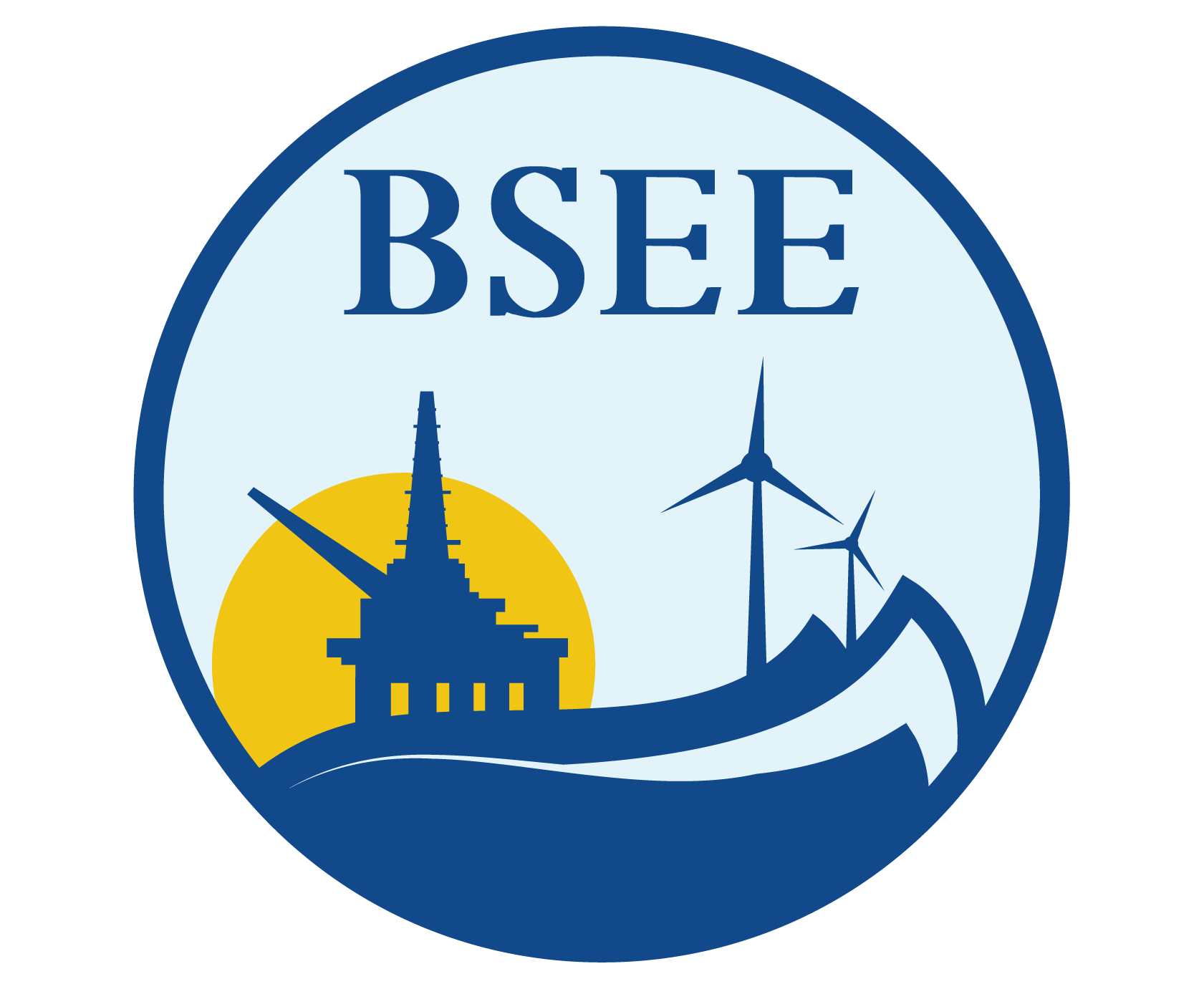This was a Joint Industry Project (JIP) to develop and verify engineering reliability analysis procedures. These procedures allow a quantitative evaluation of the alternatives for management of human and organizational errors in the operation of offshore facilities. Human error accounts for the vast majority (60 to 80 percent) of failures of marine systems. Recent examples include the Piper Alpha platform explosion in the North Sea and the Exxon Valdez tanker grounding in Prince William Sound, Alaska. Traditional engineering approaches used in design, construction, and operation of marine systems have largely ignored this aspect. If the marine safety record is to be improved, then this aspect must be addressed by engineers. This is particularly true for existing marine systems, where there have been dramatically increased pressures for environmentally safe and economically sound operations. It is also important to ensure proper management of potential human errors for development of new innovative marine systems (such as very deep water platforms, pipelines, and floating structures) where a knowledge base does not exist. This study offers information on how to control the sources of human error.
Complete
